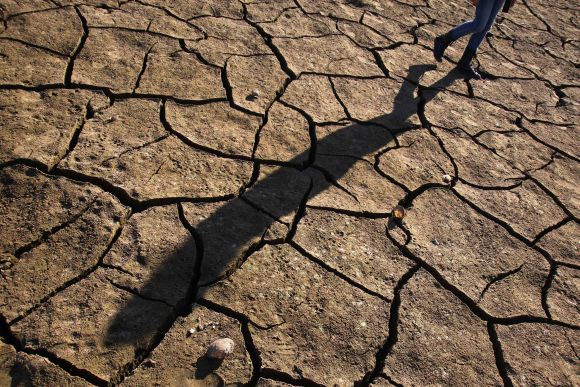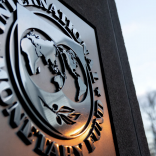Mozambique: Chapo praises central bank for ensuring monetary stability - AIM
Mozambique: Climate change losses reach US$150 million a year – AfDB

This calculation does not account for the "out of the ordinary" and "unpredictable" losses resulting from cyclones Idai and Kenneth, which resulted in estimated losses of US$3.2 billion. [Picture: in file CoM]
With Mozambique still in the process of raising funds and support for rebuilding after cyclones Idai and Kenneth, the African Development Bank (AfDB) on Wednesday shared figures on the heavy direct consequences of climate change in Mozambique.
The AfDB estimates that the country loses as much as US$150 million a year as a result of damage caused by climate change. These calculations refer to the last 20 years, that is, US$150 million a year equals losses amounting to US$3 billion exactly over the last two decades. This calculation does not account for the “out of the ordinary” and “unpredictable” losses resulting from cyclones Idai and Kenneth, which resulted in estimated losses of US$3.2 billion.
The figure was shared by the Country Manager for the African Development Bank in Mozambique Piietro Toigo, speaking yesterday in Maputo during the opening of a symposium on Strategies for the Integrated Development of Arid Areas. The two-day event is organised by the National Institute for Disaster Management (INGC) and is being attended by representatives from South Africa, Israel, Switzerland and Botswana, representing successes in managing the impact of extreme weather events.
Toigo pointed out that investing in infrastructure and agricultural technologies resilient to floods and drought must be part of the development of arid and semi-arid areas.
In this context, Toigo announced that the African Development Bank, together with the government of Mozambique, was investing in the construction of 44 multifunctional boreholes, 42 earth embankments, 40 kilometres of road, flood protection infrastructure in the city of Xai-Xai, and the distribution of 160 irrigation kits covering 2,500 hectares of land. The AfDB Country Manager also spoke of helping to complete the rehabilitation of the Massingir irrigation dam.
He pointed out, however, that, in order to create resilient economies and societies, it was necessary to invest not only in resilient agricultural production but also in the creation of value, the industrialisation of agriculture integrated into value chains, and penetration of more diversified markets.
“But one must also look at the global financial architecture and ask whether it is responding to the challenges of developing countries. Only 7 per cent of global climate finance is invested in adaptation, which is the priority of the African continent. And there is virtually no private investment in adaptation,” he said.
He added that the African continent needs a climate finance system that is more suited to its needs, smarter in creating real incentives for disaster prevention, and able to signal the value of resilience to markets.
“The African Development Bank is committed to seeking solutions for its member states,” Toigo said.












Leave a Reply
Be the First to Comment!
You must be logged in to post a comment.
You must be logged in to post a comment.